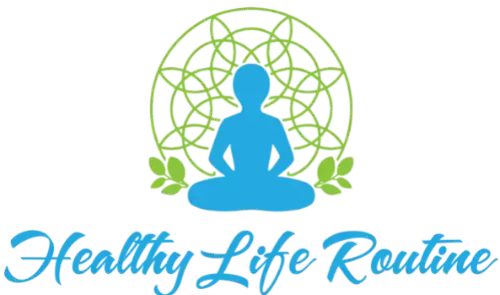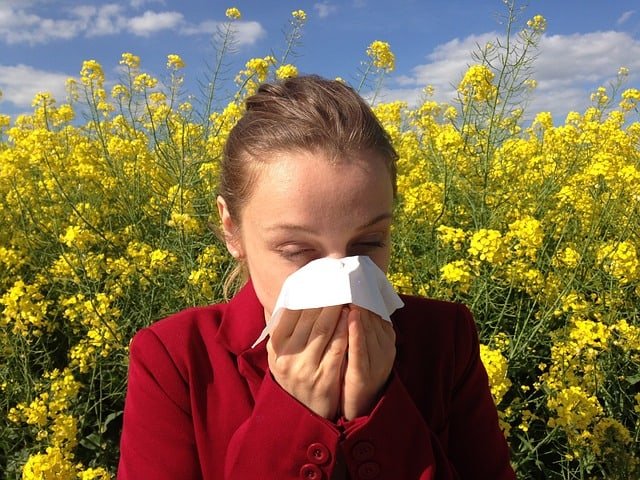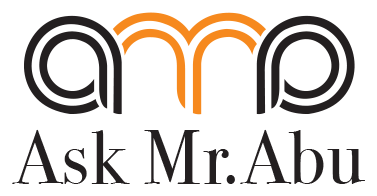Allergies Overview: Types, Symptoms, Treatment
Allergies represent the body`s reaction to a certain substance considered harmful. A common example is making contact with a usually considered harmless substance such as pollen, which might determine the immune system to take action.
These substances are known as allergens, while an allergic reaction stands for the manner in which the body reacts to an allergen. People can develop allergies to a variety of stimuli like pollen, dust mites or mold.
Types of Allergies and Symptoms
- Seasonal Allergic Rhinitis
Seasonal allergic rhinitis represents an allergic reaction caused by pollen. It leads to inflammation or swelling of the area around the nose and eyes.
Common symptoms include:
- Sneezing
- Congestion
- Watery eyes
- Itchiness
- Dust Mites
Dust mites are small organisms that exist in dust and other fibers from our households like pillows or blankets due to the fact that they flourish in warm, humid areas.
The symptoms of an allergy to dust mites resemble the ones of pollen allergies, with the sole distinction that the skin allergy rash is more intense.
2. Pet Allergies
The sweat glands in an animal`s skin secrete proteins that are prone to lead to allergic reactions in humans.
Common symptoms of pet allergies are:
- Coughing
- Wheezing
- Red eyes
- Stuffy nose
- Sneezing
Moreover, those that experience pet allergies have skin reactions that can turn out to be harmful to the skin`s health due to the extreme itchiness a person can experience.
3. Insect Stings Allergy
Even though insect stings allergies are not so common nowadays, people tend to develop allergies when stung by bees, wasps, hornets or fire ants.
There are three types of reactions for insect sting allergies:
- A common reaction that leads to pain, swelling, and redness around the area of the sting.
- A vast local reaction that triggers swelling beyond the sting site.
- A severe reaction characterized by pain, redness of the skin, swelling of the face or throat, and trouble breathing or even dizziness.
4. Food Allergies
Some people develop a food allergy to a specific food with mild symptoms that only get uncomfortable. But for others, an allergic food reaction can lead to life-threatening situations.
Food allergy symptoms are:
- Itching in the mouth.
- Eczema
- Swelling of the lips, face, and tongue.
- Trouble breathing.
- Abdominal pain.
- Dizziness, and fainting.
5. Medicine Allergies
The majority of medicine allergy symptoms appear right after ingesting the drug, but there are cases in which the allergy occurs after a couple of hours.
Symptoms might include:
- Trouble breathing
- Confusion
- Cramping
- Dizziness
- Irregular heartbeat or even unconsciousness.
Treatment for Allergies
Usually, specialists recommend avoidance of the substances that trigger an allergic reaction, but if that isn`t possible, a variety of treatments are available.
Doctors prescribe allergy medication such as antihistamines to control the symptoms and their recurrence. Treatments for allergies include corticosteroids, cetirizine, loratadine or leukotriene modifiers.
Some patients even opt for immunotherapy, a practice that aids the body in getting used to an allergy. It was scientifically proven that successful immunotherapy can prevent allergy symptoms from reappearing.
Always remember the fact that if a severe, life-threatening allergy happens, an emergency epinephrine shot can save the life of the person endangered. The shot is meant to fight the allergic reaction until professional medical aid is offered.





